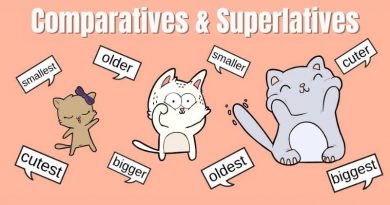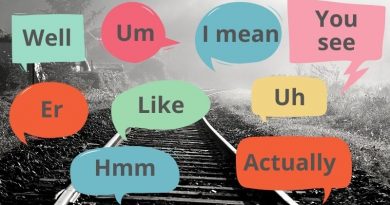Talking about the future
Le futur dans les propositions subordonnées de temps
Dans les subordonnées temporelles introduites par when, once … on emploie les formes du présent pour parler du futur :
I’ will come home when I finish work. (Je rentrerai à la maison quand j’aurai fini mon travail.)
He will phone you when he gets home. (Il vous appellera quand il rentrera chez lui.)
Once I pass all my exams, I’ll be fully qualified. (Dès que / Une fois que j’aurai passé tous mes examens, je serai pleinement qualifié(e).)
Future in Time Clauses – Oxford University Press
Recap
When we know about the future, we normally use the present tense.
1. We use the present simple for something scheduled:
We have a lesson next Monday.
The train arrives at 6.30 in the morning.
The holidays start next week.
It‘s my birthday tomorrow.
2. We can use the present continuous for plans or arrangements:
I‘m playing football tomorrow.
They are coming to see us tomorrow.
We‘re having a party at Christmas.
3. We use will:
- when we express beliefs about the future:
It will be a nice day tomorrow.
I think Brazil will win the World Cup.
I’m sure you will enjoy the film.
- to mean want to or be willing to:
I hope you will come to my party.
George says he will help us.
- to make offers and promises :
I‘ll see you tomorrow.
We‘ll send you an email.
- to talk about offers and promises:
Tim will be at the meeting.
Mary will help with the cooking.
4. We use be going to:
- to talk about plans or intentions:
I‘m going to drive to work today.
They are going to move to Manchester.
- to make predictions based on evidence we can see:
Be careful! You are going to fall. (= I can see that you might fall.)
Look at those black clouds. I think it’s going to rain. (= I can see that it will rain.)
5. We use will be with an -ing form for something happening before and after a specific time in the future:
I‘ll be working at eight o’clock. Can you come later?
They‘ll be waiting for you when you arrive.
6. We can use will be with an -ing form instead of the present continuous or be going to when we are talking about plans, arrangements and intentions:
They‘ll be coming to see us next week.
I‘ll be driving to work tomorrow.
7. We often use verbs like would like, plan, want, mean, hope, expect to talk about the future:
What are you going to do next year? I‘d like to go to university.
We plan to go to France for our holidays.
George wants to buy a new car.
8. We use modals may, might and could when we are not sure about the future:
I might stay at home tonight or I might go to the cinema.
We could see Mary at the meeting. She sometimes goes.
9. We can use should if we think there’s a good chance of something happening:
We should be home in time for tea.
The game should be over by eight o’clock.
The future in time clauses and if-clauses
In time clauses with words like when, after, until, once we often use present tense forms to talk about the future:
I’ll come home when I finish work.
You must wait here until your father comes.
They are coming after they have had dinner.
In clauses with if we often use present tense forms to talk about the future:
We won’t be able to go out if it is raining.
If Barcelona lose tomorrow, they will be champion




